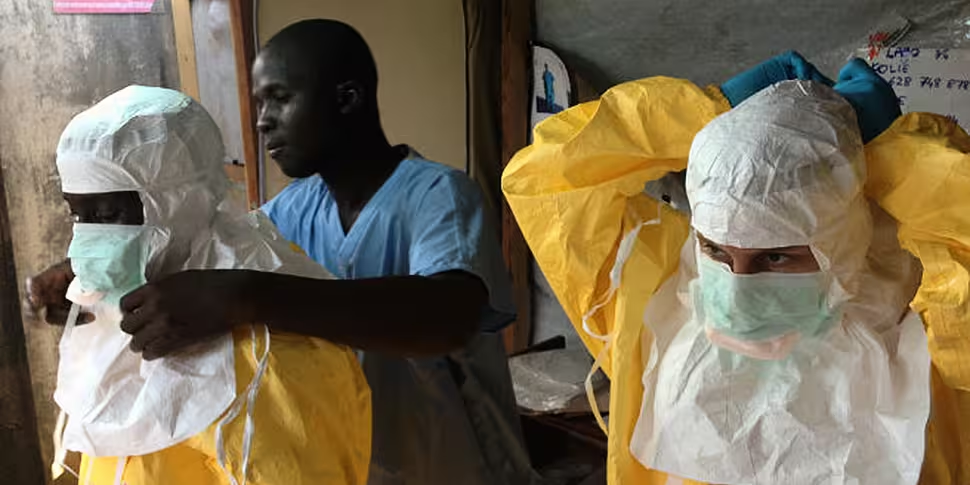International humanitarian organisation, Doctors Without Borders/Médecins Sans Frontières (MSF) warned today that the international response to the Ebola outbreak has been too slow and uneven, while the World Bank has lowered its economic forecasts for the affected countries.
Transnational threat
So far the virus has infected nearly 17,000 people and killed 6,000. MSF's president, Dr Joanne Liu called on the international community to increase its efforts and to help local authorities and NGOs to deal with the outbreak, saying: "We can't let our guard down and allow this to become double failure, a response that was slow to begin with and is ill-adapted in the end."
Her primary criticism is that governments have focused on building and financing Ebola case management structures, but left ill-equipped and inexperienced national authorities, and local health workers, and NGOs to run these operations.
"How is it that the international community has left the response to Ebola - now a transnational threat - to doctors, nurses and charity workers?" - MSF President Dr Joanne Liu
MSF said that there is an urgent need for countries with biological disaster response teams to deploy their human and material resources to West Africa. Dr Liu asked: "How is it that the international community has left the response to Ebola - now a transnational threat - to doctors, nurses and charity workers?"
She also commented that there is a lack of facilities to diagnose and isolate potential Ebola patients in West Africa - making specific reference to scores of instances where callers to Ebola hotlines in Sierra Leone have been asked to isolate potential patients in their own homes.
Economic legacy
The World Bank cut its economic forecast for the region again - having previously done so in October. The economies of the affected countries have been crippled by the epidemic.
In Guinea, the economy is predicted to grow by 0.5 percent - down from an expected growth rate of 4.5 before the crisis. Sierra Leone was expected to grow by 11.3 percent this year, now it will grow at 4 percent. Liberia will grow by 2.2 percent - down from an original estimate of 5.9 percent.









